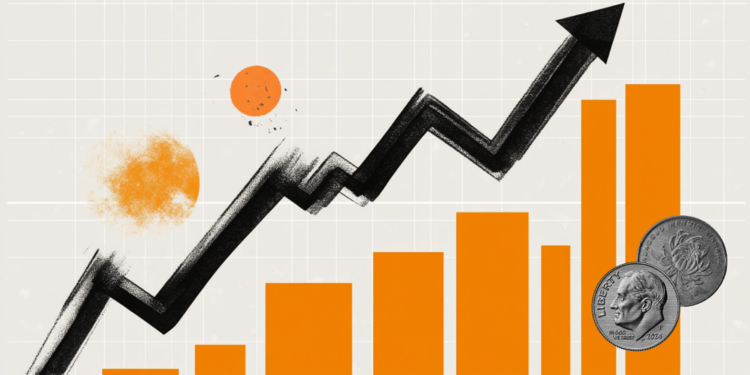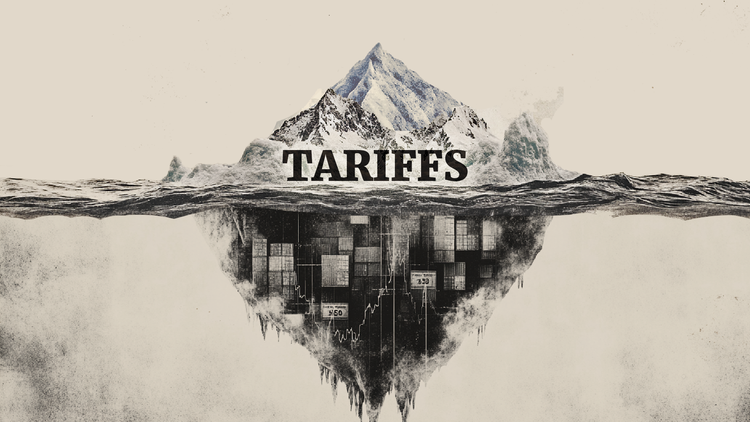Despite inflation and higher interest rates, the Family Consumption Intention (ICF) in Brazil reached 80.2 points in June, surpassing the results of the month in the two previous years, according to the survey released this Friday (1) by the National Confederation of Trade in Goods, Services and Tourism (CNC).
The index grew for the sixth month in a row.
According to CNC, the optimism of Brazilians can be attributed to measures to support income and the positive evolution of the job market.
This Thursday (30), the Brazilian Institute of Geography and Statistics (IBGE) announced that the unemployment rate in the country reached 9.8% in the quarter ended in May – the lowest level for the period since 2015.
Even with the recovery in 2022, the study shows a market that is still not very hot, since CNC considers a positive result only after 100 points.
Out of curiosity, in June 2021, still with the shortage of vaccines against Covid-19 in the country and the challenges imposed by the pandemic, optimism reached 67.5
spots.
The CNC survey shows that, in this first semester, consumption intentions increased for both men and women: 19.2% and 19.5%, respectively.
Still, according to the survey, men were more willing to consume. Compared to the same period last year, the ICF gap between genders increased from 5.5 to 6.4 points.
In the evaluation by income, families with earnings above ten minimum wages (up to about 12 thousand reais) tend to have greater consumption power. However, the increase in the consumption intention of lower-income families was more intense in 2022.
This movement, according to CNC, proves the “effects of income programs and the improvement of the labor market, given that consumption choices in the lower classes are more influenced by economic fluctuations, due to the fact that the family budget is more tight.”
Among the indicators evaluated in the survey, in June, Current Employment was the only one in which families were satisfied, scoring 107.4 points. The degree of job security was the highest since April 2020. However, the challenges of rising interest rates slowed the growth of the Access to Credit indicator.
The result for the first semester points to a fall of 2.7%, which indicates that families are facing greater difficulties in contracting loans and financing.
The families’ perspective is that the evolution observed in the labor market will remain until the end of the year, with the Professional Perspective having again the highest growth of the month (5.4%). For the youngest, those under 35, the indicator is already at a satisfactory level, 110.8 points.
Even with the deceleration of current consumption, the positive results of employment encouraged the optimism of families, so much so that the Consumption Outlook for the next quarter was the index with the highest increase in the first half of the year (19.7%).
The survey aims to anticipate the potential of sales in the commerce. The survey is composed of seven items: Current Employment, Current Income, Access to Credit and Current Consumption Level and compares the consumer’s perception in relation to the same period of the previous year.
Source: CNN Brasil
I am Sophia william, author of World Stock Market. I have a degree in journalism from the University of Missouri and I have worked as a reporter for several news websites. I have a passion for writing and informing people about the latest news and events happening in the world. I strive to be accurate and unbiased in my reporting, and I hope to provide readers with valuable information that they can use to make informed decisions.







